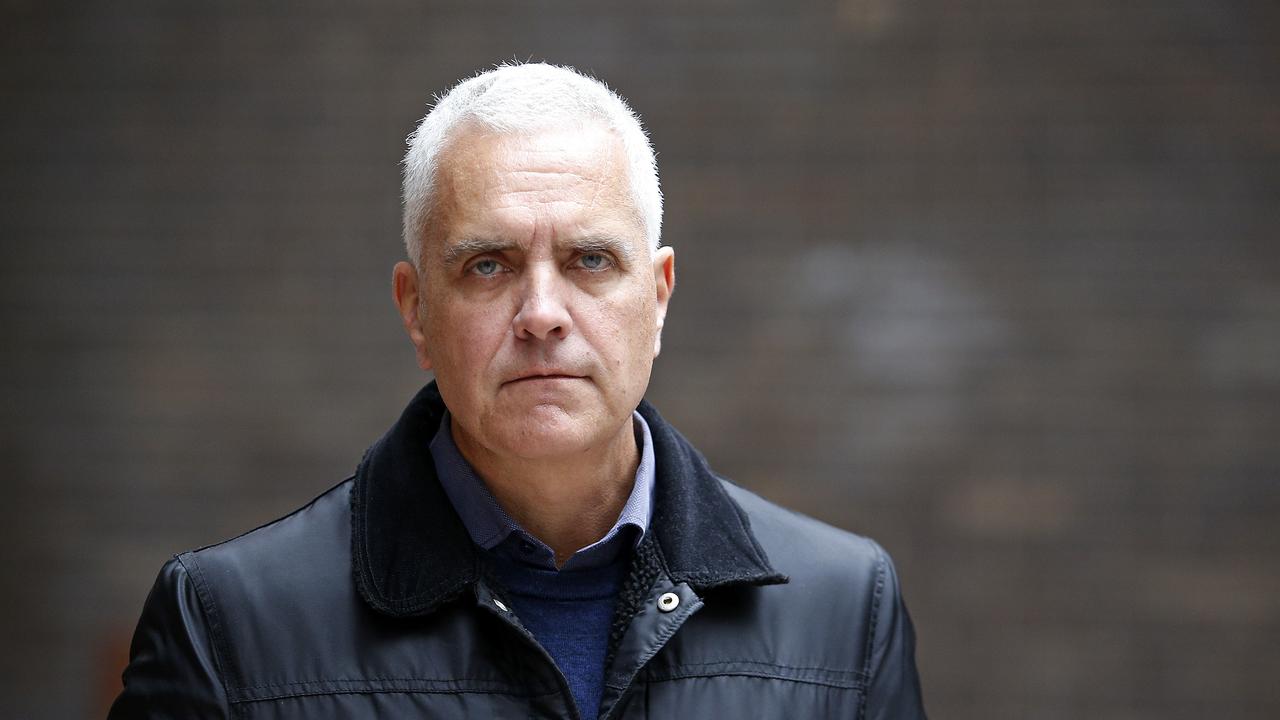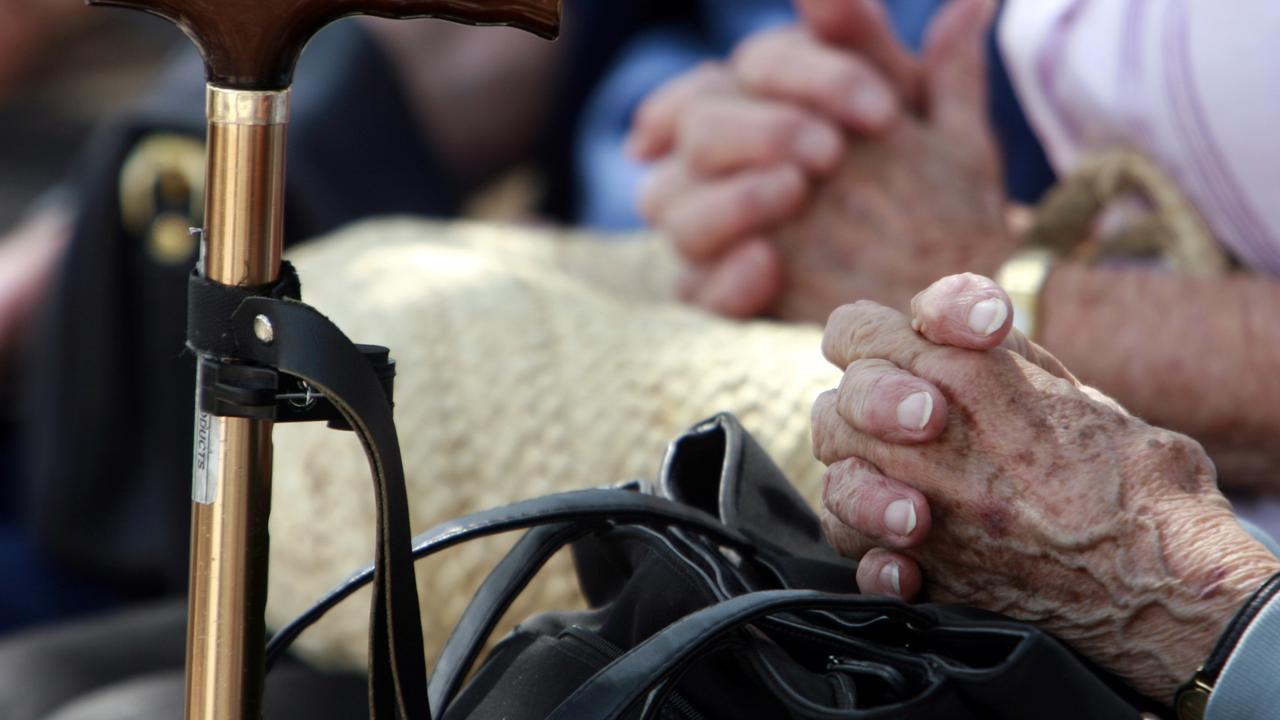Top judge to outlaw ‘coercive control’
Domestic violence campaigners say the Palaszczuk government should have moved faster on coercive control after Hannah Clarke’s murder a year ago.

Domestic violence campaigners say the Palaszczuk government should have moved faster on coercive control after Hannah Clarke’s murder a year ago, but applaud the first step towards criminalisation of the “red flag for murder”.
Queensland Premier Annastacia Palaszczuk on Wednesday appointed retired senior judge Margaret McMurdo to head a taskforce charged with recommending how to outlaw coercive control, a pattern of oppression that can include controlling a victim’s money, appearance, movement and contact with family.
Clarke and her three children were murdered by her estranged partner 12 months ago, after he waged a campaign of coercive control against her.
Clarke’s parents, Lloyd and Sue Clarke, along with the Women’s Legal Service Queensland and other advocates, have for months pushed for the government to take action on behaviour identified as a key predictor of domestic violence homicide.
Ms McMurdo was president of the Queensland Court of Appeal until 2017, the first woman appointed as a presiding judge of an appellate court in Australia, and until Wednesday was the patron of the WLSQ. She will report back to the government by October.
Attorney-General Shannon Fentiman said she hoped to introduce legislation into parliament early next year.
Ms Palaszczuk said it would be an “Australian first,” following international jurisdictions such as Scotland, England, Ireland and Wales.
WLSQ president Angela Lynch, who has been campaigning for criminalisation for at least 12 months, said the government should have acted quicker on behaviour she calls a “red flag for murder”.
“It would have been good to have a quicker response last year, after the murder of Hannah Clarke, but obviously we had the intervention of COVID, and the government had to pivot towards dealing with an international pandemic,” Ms Lynch said.
“In some ways you can understand this has been put on the backburner to an extent, but we’re grateful now (the taskforce) has been established.”
She said it was important the taskforce was given the time to “get the laws right” to avoid un_intended consequences.
Ms Lynch said data showed that in domestic violence murders in NSW and Queensland, coercive control had been a factor before the killing but victims had trouble getting police and other agencies to take them seriously when the perpetrator’s behaviour did not include physical violence.
She said the criminalisation of coercive control, coupled with training for police and education for the community, would help the criminal justice system treat it with appropriate gravity, and allow victims to know their treatment was unacceptable.
“Domestic violence is about power and control; criminalising coercive control brings those invisible actions that happen — the non-physical abuse — into the spotlight. All of these actions are motivated by power and control and are having the impact of the victim being basically held hostage with their independence overcome … There’s a gap in the law — this behaviour can be extremely dangerous, and we should responding to that.”
Ms Palaszczuk and Ms Fentiman, who said legislating against coercive control had been a promise at the October election, defended their not acting more swiftly. “We want to get this right, we’re taking time to consult, and the sector has asked us to do it this way,” Ms Fentiman said.
In a statement on the issue in October, former domestic violence prevention minister Di Farmer did not say the government would legislate against coercive control, instead focusing on training first responders to recognise the behaviour.
Liberal National Party frontbencher Ros Bates, a domestic violence survivor, said the opposition would not “get in the way” of government attempts to “fix” coercive control, but recommended it be part of a broader domestic violence offence.



